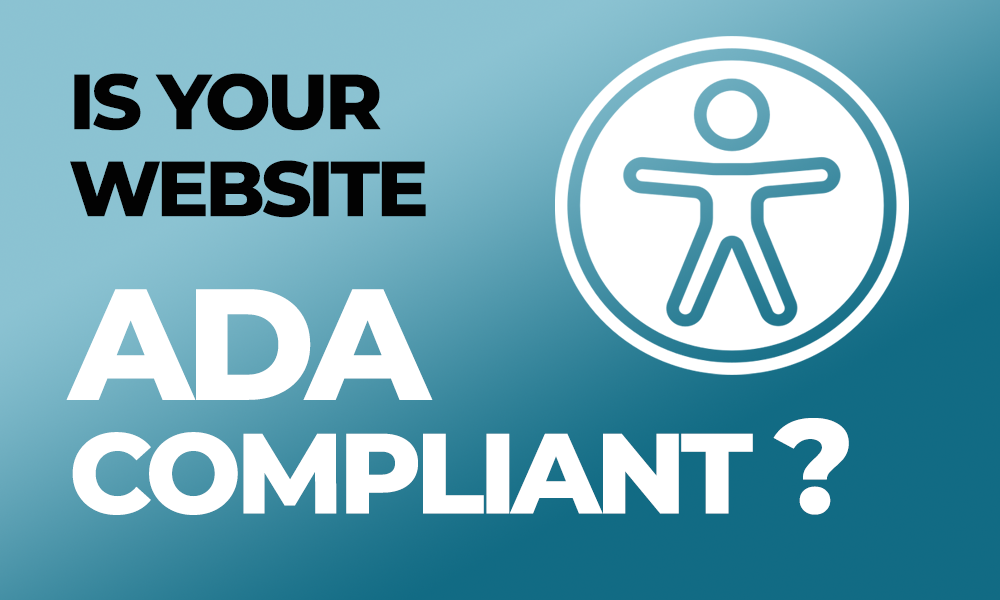
Author: Michelle Lagos
Ensuring Accessibility For Everyone Is The Right Thing Todo But Also A Legal Requirement
ADA-compliant websites are important for several reasons, primarily because they promote inclusivity, accessibility, and are legally compliant.
- Inclusivity: ADA compliance ensures that websites are accessible to individuals with disabilities, such as visual, auditory, cognitive, or motor impairments.
- Equal Access: People with disabilities can access and use the website effectively, which is a fundamental part of creating an inclusive digital space.
- Assistive Technology Support: Features like screen readers, keyboard navigation, text-to-speech tools, and captions rely on websites being built to ADA standards to function properly, as well as connect to industry standard assistive tools and equipment.

Legal Compliance
The rehabilitation act requires that all websites be ADA-compliant.
- ADA (Americans with Disabilities Act): Under U.S. law, websites for businesses, government entities, and nonprofits must meet accessibility standards to comply with the ADA. Failing to do so can result in lawsuits and fines.
- Web accessibility is essential for legal reasons because it ensures people with disabilities can access all the information and resources on a website.
- Precedents: High-profile legal cases have established that inaccessible websites can be considered discriminatory under the ADA, particularly for businesses offering public services.
In 2023, 3,862 lawsuits were filed against businesses for website accessibility violations in the US, which is an increase from previous years:
- 2022: 4,334 lawsuits were filed
- 2021: 4,055 lawsuits were filed
- 2020: 3,503 lawsuits were filed
- 2019: 2,890 lawsuits were filed
- 2018: 2,314 lawsuits were filed
- 2017: 814 lawsuits were filed
- 2016: 132 lawsuits were filed
Mitigating Risk
- Avoiding Lawsuits: Non-compliance can lead to costly legal challenges, settlements, and damaged reputations.
- Future-Proofing: As legal and social expectations for digital accessibility grow, having an ADA-compliant website ensures your business is prepared for evolving standards.

DEI
DEI is the acronym for Diversity, Equity, and Inclusion which means people with disabilities have equal rights to digital inclusion. This has grown even more important after the pandemic, with everyone turning to and depending on the web for practically everything and not the majority of all workplaces have remote or hybrid options.
These benefits include Improved Usability: Many ADA features (e.g., clear navigation, proper headings, alternative text for images) improve the overall usability of a site for all users.
Taking An Important Stand
- Corporate Social Responsibility: Demonstrating a commitment to accessibility can improve your brand image and foster goodwill among users.
- Customer Loyalty: Users are more likely to engage with and support businesses that prioritize inclusivity and equal access.
See the most recent Get Lagos Now full ADA Compliance site update a The Children’s Institute website in Portland, Oregon.

